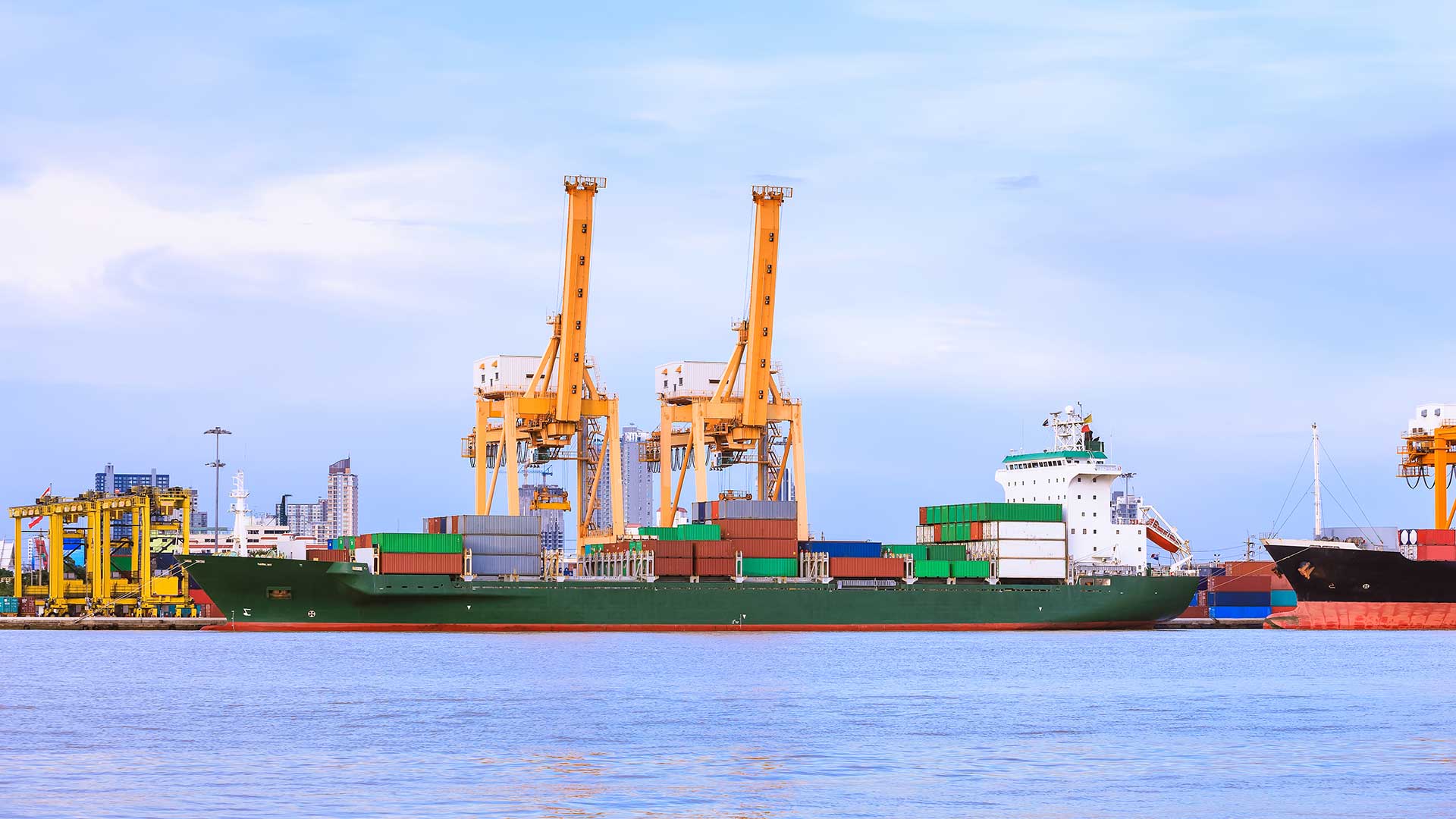A Guide to Understanding Cost, Insurance, and Freight (CIF) in Shipping

CIF in Shipping
Is your business looking to engage in global commerce? Then it’s essential to understand the complexities of shipping terms. Cost, Insurance, and Freight (CIF) is among the most widely used terminologies in this domain. It’s instrumental in determining the costs and responsibilities borne by the buyer and seller during goods transport.
Read on to learn more about CIF freight meaning and how you can use it to your business’s advantage.
CIF: What’s in It For You?
The International Chamber of Commerce (ICC) issues a set of individual rules known as Incoterms, which stands for International Commercial Terms. These outline the responsibilities of buyers and sellers for the sale of goods in global transactions.
CIF is one of these Incoterms. It is used in the context of shipping goods by inland waterway or sea, making it a renowned choice for businesses dealing with raw materials, machinery, and bulk cargo.
Under CIF freight meaning, the seller is responsible for the costs, insurance, and freight necessary to bring the goods to the port of destination. However, the risk of loss or damage to the goods is transferred from the seller to the buyer once the goods pass the ship’s rail at the port of shipment.
What are the Key Components of CIF?
- Cost – The seller must cover all costs related to transporting the goods from their place of origin to the port of destination. These include packaging, export duties, and loading fees at the shipping port.
- Insurance – The seller is also responsible for obtaining marine insurance to cover the buyer’s risk of loss or damage to the goods during transit. The insurance policy must cover at least 110% of the contract value and be in the same currency as the contract. However, the level of coverage is typically minimal, and the buyer may opt to purchase additional insurance for more comprehensive coverage.
- Freight – The seller arranges and pays for the freight necessary to transport the goods by sea to the port of destination. This includes booking the cargo space on a vessel, handling, and other related charges up to the destination port.
The Buyers’ Responsibilities
Under a CIF contract, it’s the seller who assumes much of the obligation. However, the buyer also has certain responsibilities, such as:
- Unloading and import duties – Once the goods arrive at the port of destination, the buyer is responsible for arranging and paying for the unloading, customs clearance, import duties, and any other charges required to bring the goods into their country.
- Risk management – The buyer assumes the risk once the goods pass the ship’s rail at the port of destination. One of the ways to manage this risk is by purchasing extra insurance if the coverage given by the seller is inadequate.
The Pros of CIF for Sellers and Buyers
For Sellers:
- Streamlined process – CIF in shipping makes the transaction more efficient and straightforward by including costs and insurance in the total price; thus, simplifying the process for the buyer.
- Control over shipping –Given that sellers have full control over the shipping process, they can choose from qualified carriers and negotiate more cost-effective freight rates.
For Buyers:
- Reduced Hassle – Buyers benefit from a reduced logistical burden, as the seller handles most of the shipping arrangements.
- Pre-determined Costs – CIF provides buyers with a clear understanding of the total costs associated with shipping, which can be advantageous for budgeting and financial planning.
The Cons of CIF for Sellers and Buyers
- Limited Insurance Coverage – The insurance provided under a CIF contract may not fully cover the value of the goods or potential risks, leaving the buyer exposed to financial loss.
- Less Control for Buyers – Buyers have less control over the shipping process and may face higher costs if the seller does not choose the most cost-effective shipping options.
To Sum it Up
Knowing CIF freight meaning is imperative to understand how it provides a balanced approach to cost-sharing between buyers and sellers. Although it offers convenience for both parties, it also requires a clear understanding of the associated risks and responsibilities.
For businesses engaged in global trade, choosing the right Incoterm, like CIF in shipping, can significantly impact the efficiency and profitability of their transactions. Understanding the nuances of CIF and its implications is essential for making informed decisions in international shipping and ensuring smooth operations from port to port.
At TFI, we provide our clients with detailed guidance about Incoterms to ensure a seamless and cost-efficient shipping experience. Get in touch with our experts today!